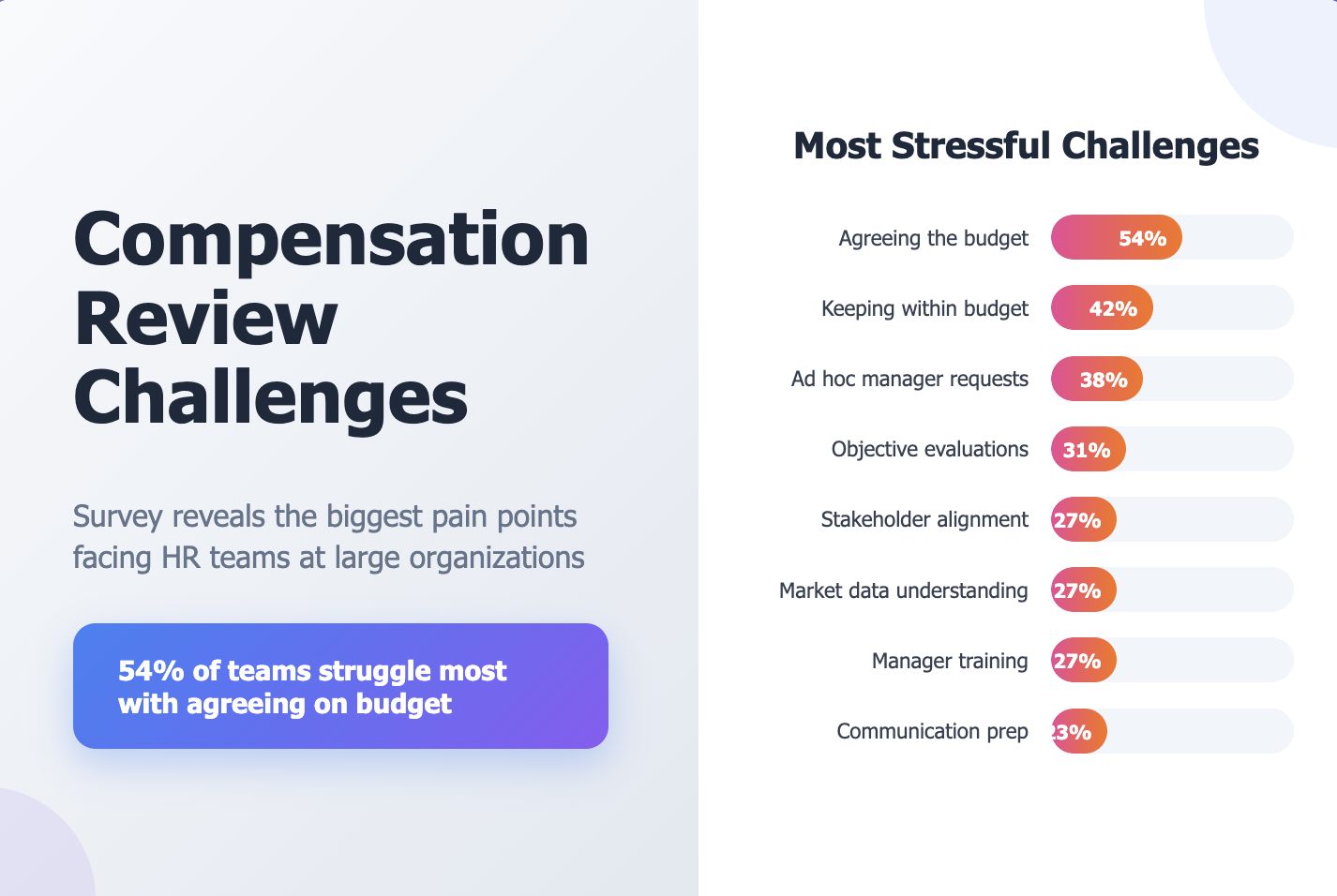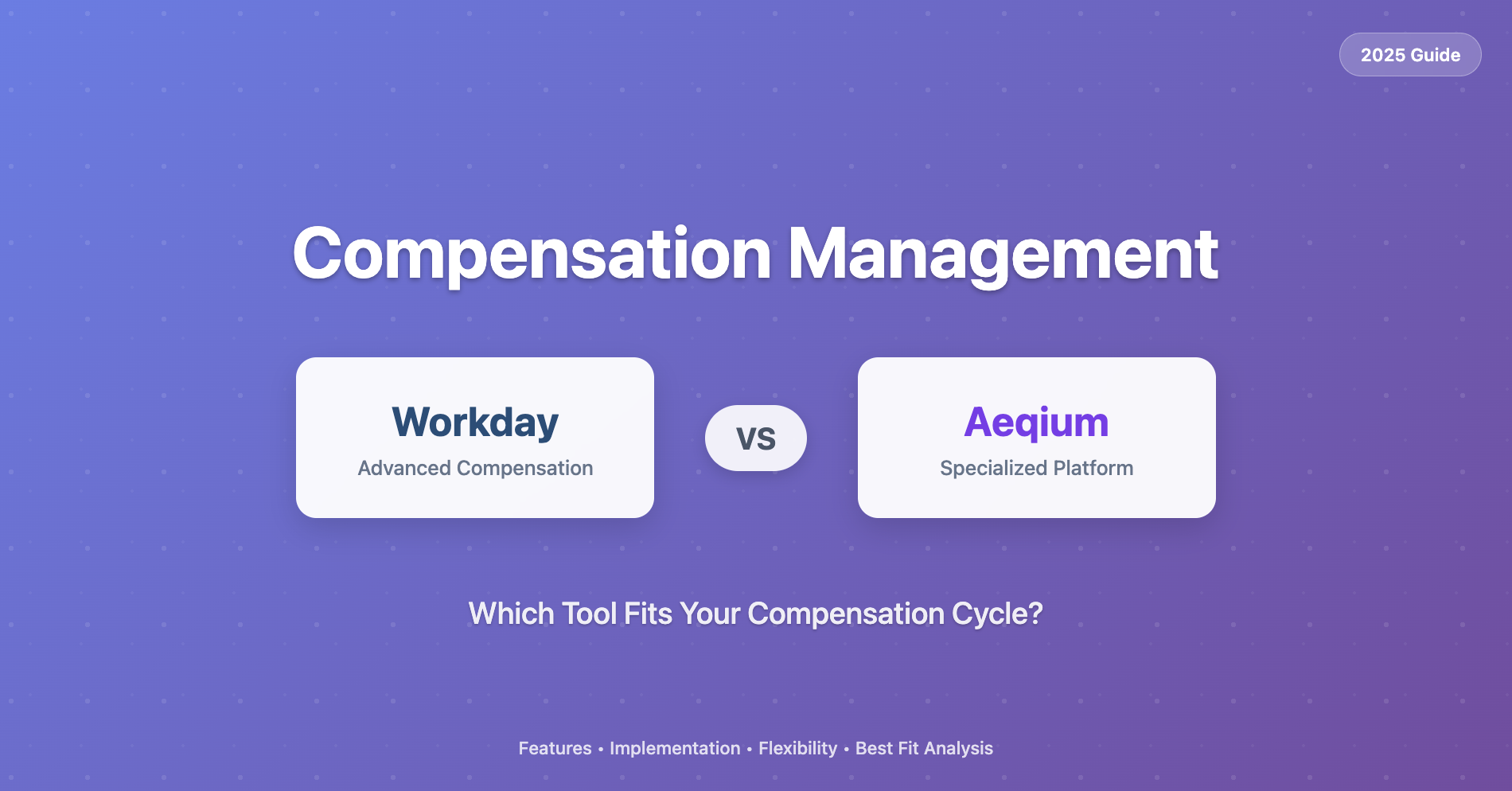A Sample Compensation Philosophy for Startups

As your company matures, it’s important to write a compensation philosophy, consisting of a written statement that formalizes your approach to compensating your team.
A compensation philosophy allows you to be transparent with all of your employees about your approach to total rewards. This philosophy serves as a mechanism to maintain consistency when making comp decisions, as well as improving employee engagement by communicating your compensation strategy.
A well-written compensation philosophy can also help you get ahead of potential perceptions of unfairness. It’s natural that some employees will be compensated more or less than others, or that the perceived competitiveness of employees’ compensation will vary with market conditions. Perceptions of unfairness are a common source of comp-related dissatisfaction, and are more likely in situations where compensation decisions are opaque. A well-written compensation philosophy can help to explain these potential discrepancies and give employees confidence that company leadership is thinking strategically about comp.
To help you get started, we’ve put together a sample compensation philosophy below. It’s designed for technology startups that pay employees with a mix of base salary, bonuses, and equity. You can use this compensation philosophy as a template for your own, or just use it as a source of inspiration:
Compensation Philosophy Template
The goal of [Our Company]’s compensation system is to attract and motivate employees. Employees are eligible for compensation increases [bi-annually / annually] after they have been at the company for at least [6 months / 1 year / other].
[Our Company] has a policy of equal pay for equal work.
Compensation Benchmarking
We aim for our [base salary / total cash compensation / total compensation, including equity] to be [at / at least] the [target percentile]th percentile of our market. The percentile that we target [will be the same across departments / will vary across departments]. [If your target percentile varies across markets, optionally include a description of how]
We will assess market data on a [bi-annual / annual / other] basis. Employees who fall below the [market adjustment percentile]th percentile will be eligible for a market adjustment.
Compensation Changes
Employees will become eligible for merit increases starting [9 months / 12 months / 18 months / other] after their start date. Once they are eligible for merit increases, employees may receive merit increases every [year / 2 years / other]. Merit increases will be determined based upon [performance assessments / their department head’s determination / other].
Market definition
We define our market as [private / public] companies of [desired company size] in the [company’s industry] industry. We [will / will not] adjust compensation according to geography as follows: [describe how pay benchmarking will vary geographically]. We will obtain market data via a combination of [analyzing competing candidate offers / compensation benchmarking services / compensation data surveys].
Variable pay
[All / Certain] departments at [Our Company] will receive a portion of their total compensation come from variable pay.
[Description of variable pay system for executives]
[Description of variable pay system for commission-based teams]
[Description of variable pay system for non-executive, non-commision-based employees]
(optional) Employees will be eligible for spot bonuses, as determined by [describe the eligibility process for spot bonuses].
Equity Compensation
[All / Certain] departments at [Our company] will receive a portion of their total compensation from equity. [All / Some] employees of the company will receive equity [include relevant equity eligibility rules]. Equity compensation will vary by department and will be benchmarked similarly to cash compensation.
For stock option grants, options will be exercisable over a window of [insert months or years for stock option eligibility] according to the stock option agreements.
Employees will be eligible for additional equity grants and refreshes according to [describe your equity refresh policy].




